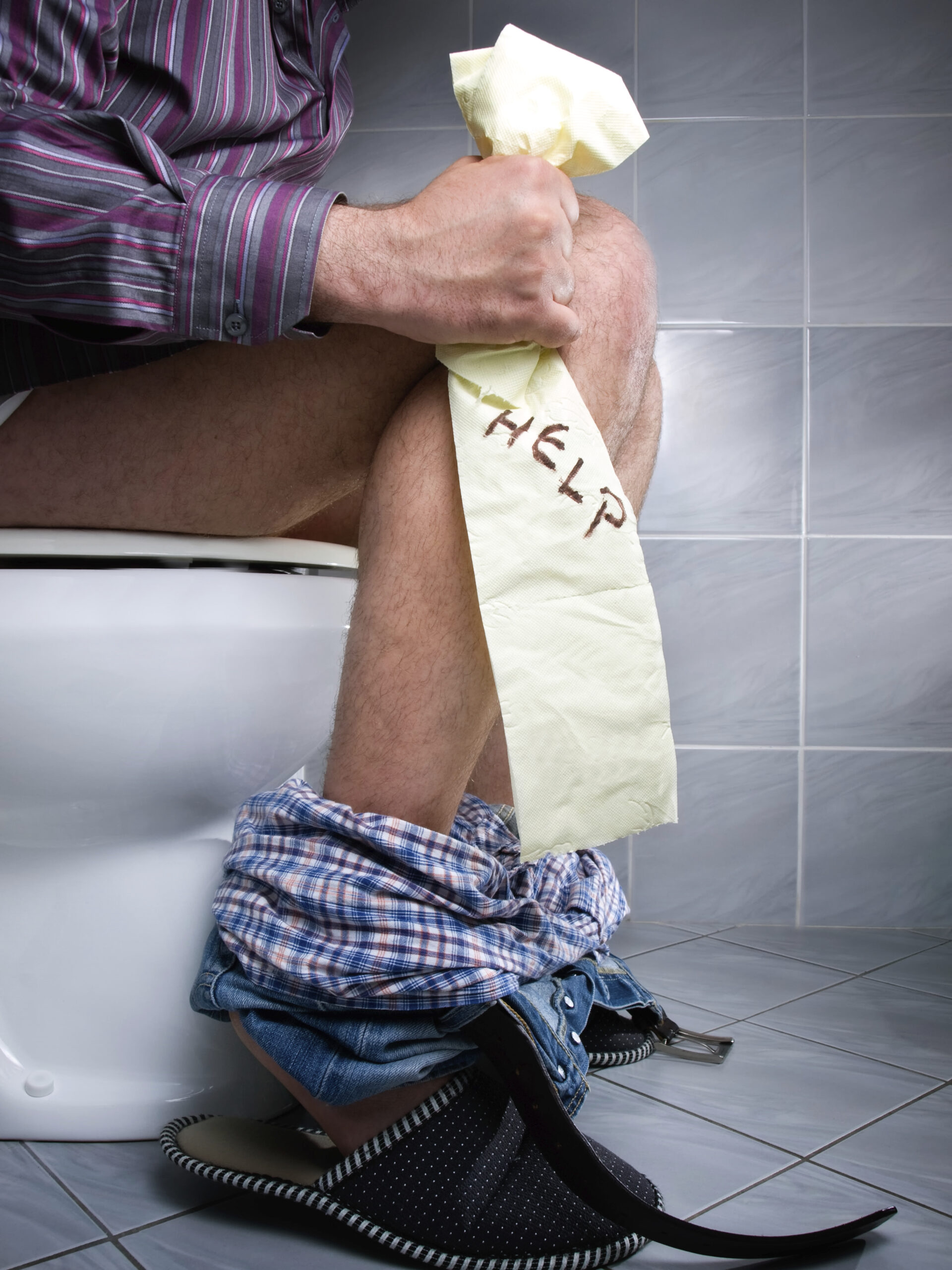1What are hemorrhoids?
The blood vessels that line the anus are the hemorrhoid blood vessels. They form three cushions or bumps at the end of the anus that helps maintain continence. We all have hemorrhoids. When they enlarge the pressure builds up and they may be painful and bleed.
2What type of doctor should I see for hemorrhoids?
If your hemorrhoids do not respond to fiber, lubrication, warm baths, and hemorrhoid cream you should see a specialist in the non-operative care of hemorrhoids. Many gastroenterology specialist or gastroenterologist have been trained to use our CRH O’Regan ligation system. They are experts in Colonoscopy and managing many GI problems. They will not be able to remove external hemorrhoids. Colorectal surgeons have many years of training in complex colon and rectal problems and are experts in colon surgery. Their interest in hemorrhoids varies. Some of them tend to recommend surgery for cases we can cure with our non-operative treatment.
Proctologist is another word for doctors who specialize in rectal conditions and they are frequently also colorectal surgeons. Our doctors are board certified surgeons with many years of experience treating patients with hemorrhoids and anal fissures. We have developed the expertise to help you get the relief you deserve without surgery using the CRH O’Regan ligation system.
3I am on my menstrual cycle, can I still come to my appointment?
Yes. You can still come to your appointment if you are on your menstrual cycle. It does not affect the procedure.
4What will happen at my visit
Your first appointment involves a consultation, making a diagnosis of your problem with a rectal examination, and formulating a treatment plan. Appropriate medical therapy will be started. You will be shown how the banding procedure works and be given time to have your questions answered. Banding may be started on your second visit. Also we suggest you allot up to an hour for your first visit. Subsequent treatment sessions will be shorter, around 20 minutes. There are on average three banding visits and a fourth follow up exam. After a hemorrhoid banding procedure, we recommend that you refrain from vigorous activities the rest of the day and resume full activity the next day. It is common to feel pressure in the area for 1-2 days after banding. OTC pain medication is occasionally used for the pressure. Most patients with office jobs find they can return to work immediately following their appointment.
5Can I eat before visit? Preparation?
There is no need to fast or take an enema before treatment. We encourage you to eat a well balanced meal before coming in for treatment.
6Do I need a driver to take me to my appointment?
You do not need a driver. If you feel uncomfortable or are worried about the procedure, you may want to have some support.
7Do I need a colonoscopy?
Most patients with rectal bleeding from hemorrhoids have intermittent bright red blood with bowel movements, no weight loss, no abdominal pain, and no recent change in their bowel habits. Colonoscopy is not necessary before patients with typical hemorrhoid bleeding are banded and cured of their hemorrhoids. Although many Gastroenterologist, GI Specialist, Proctologists, and Colorectal Surgeons do recommend prebanding colonoscopy we do not find that necessary in the vast majority of cases we see.
In a very small minority of patients, rectal bleeding is atypical or persists and we do recommend colonoscopy. Patients over the age of 50 should have colonoscopy every 10 years. Patients with increased risk factors such as previous cancer, polyps, inflammatory bowel disease and 1st degree relatives with colon polyps or cancer will require colonoscopy more often.



